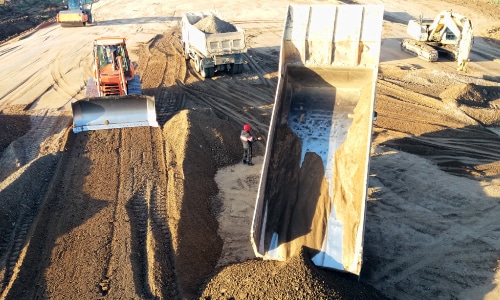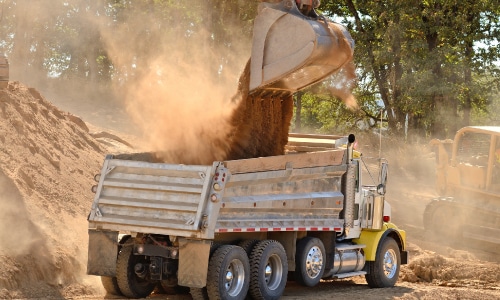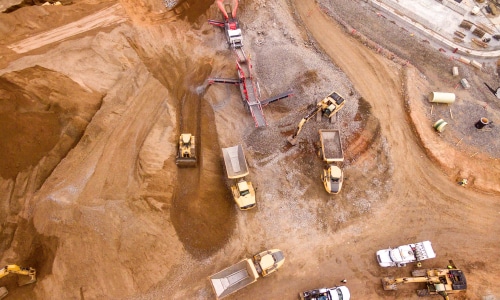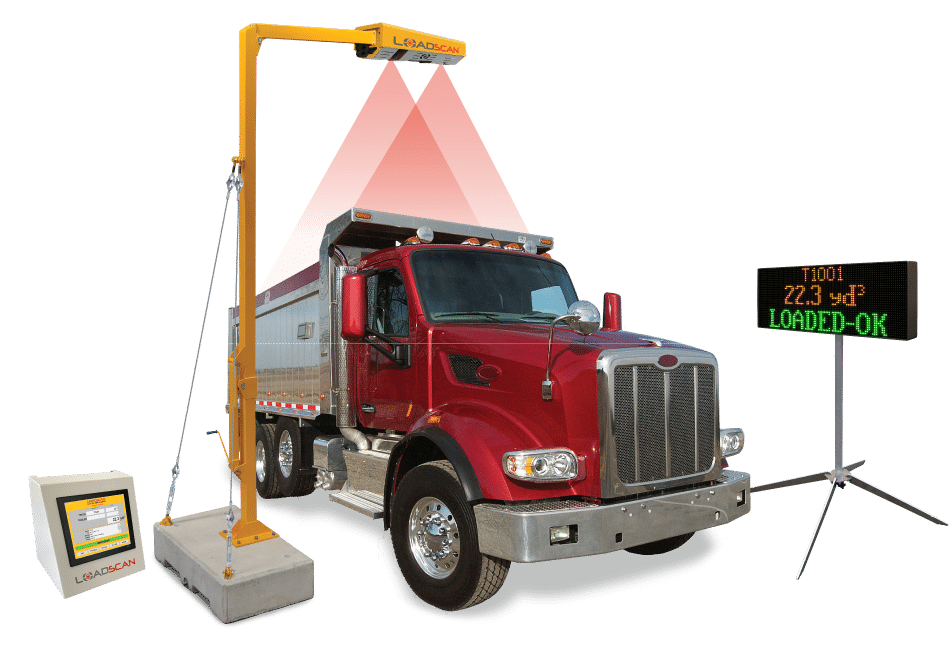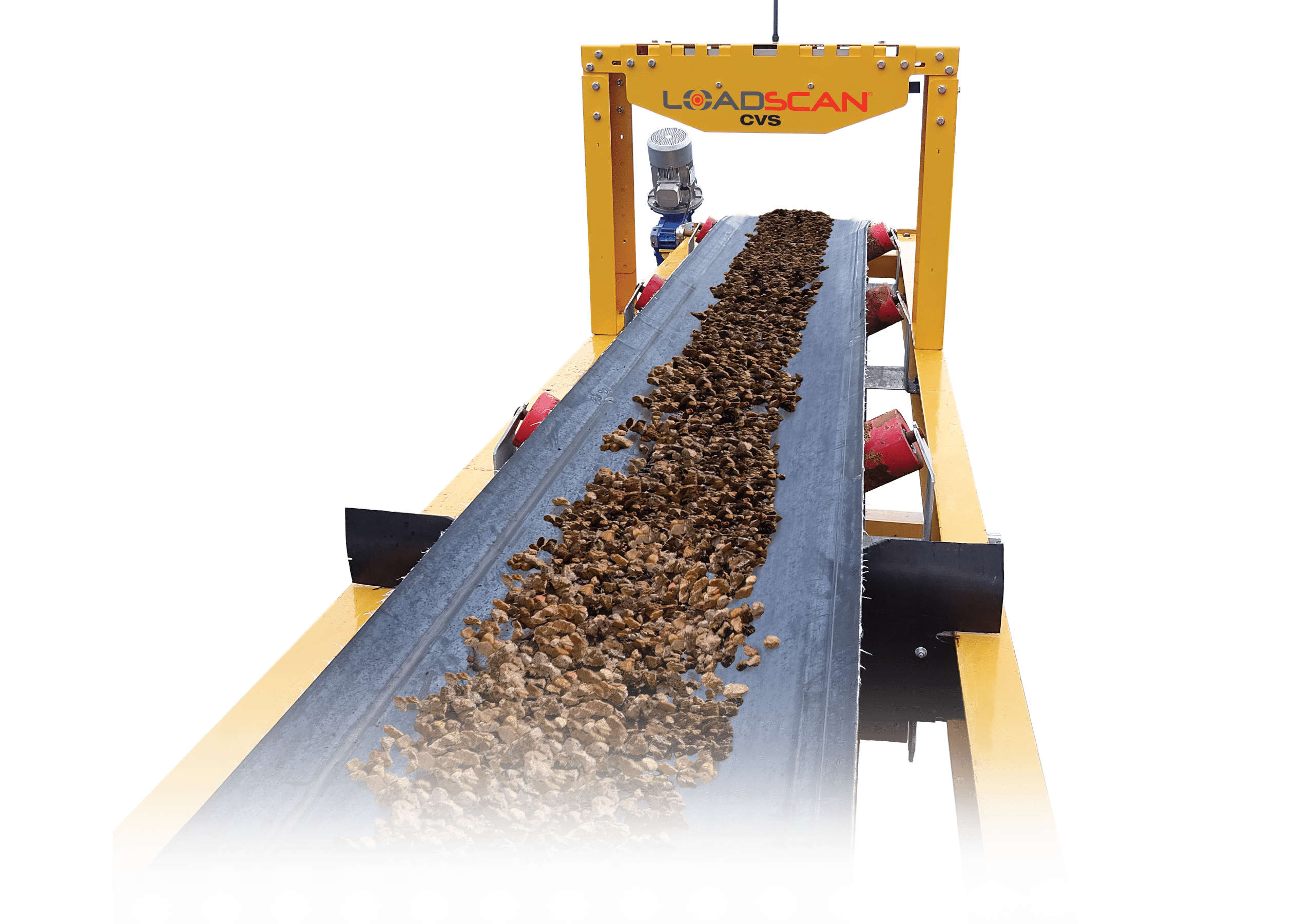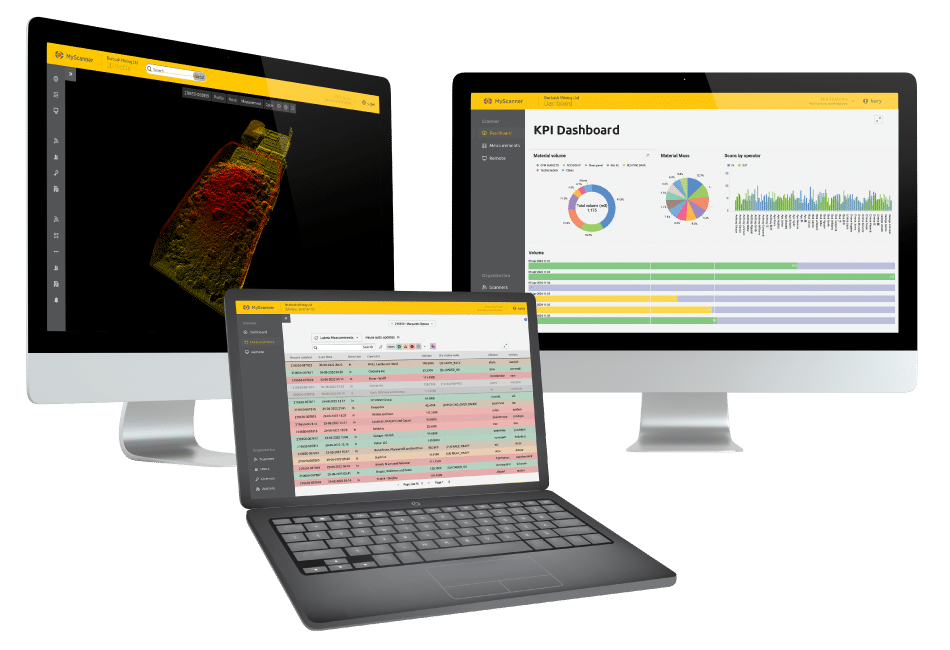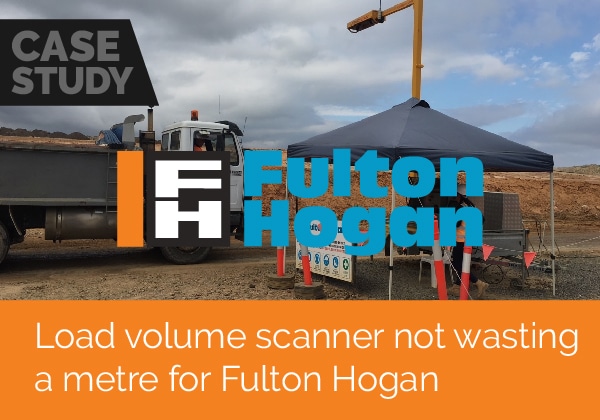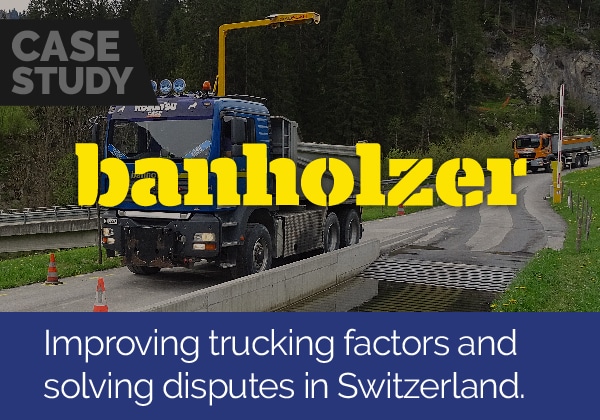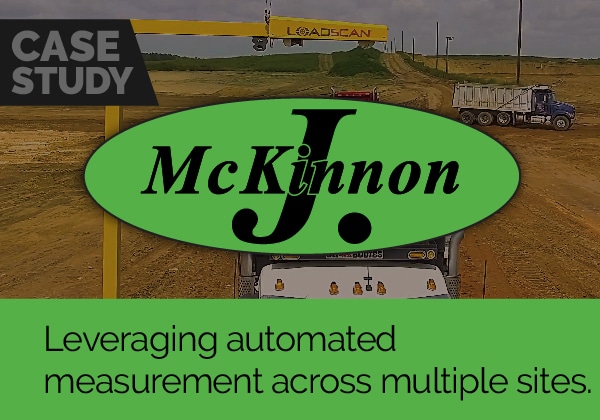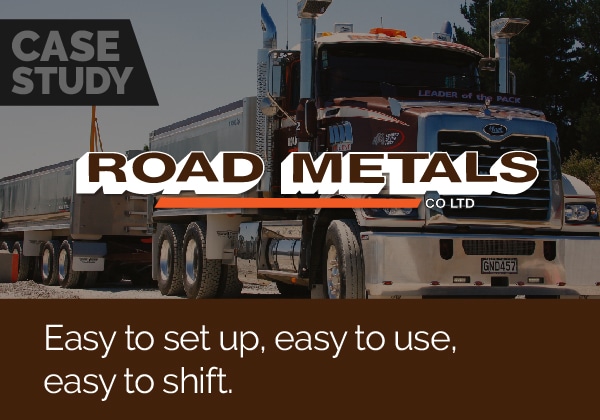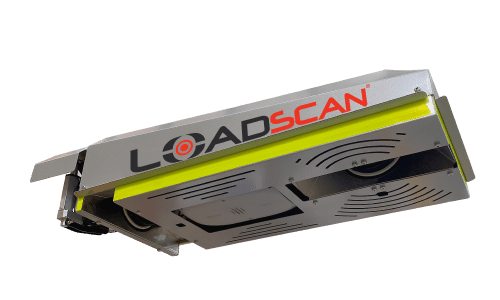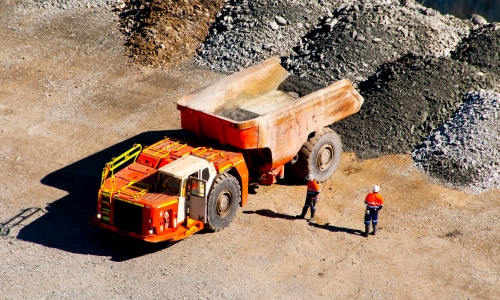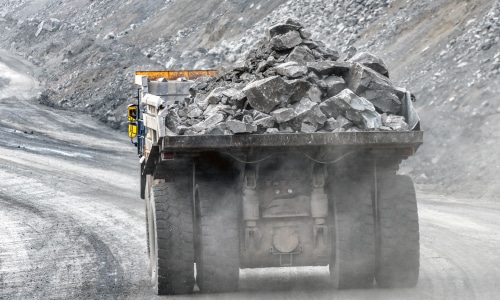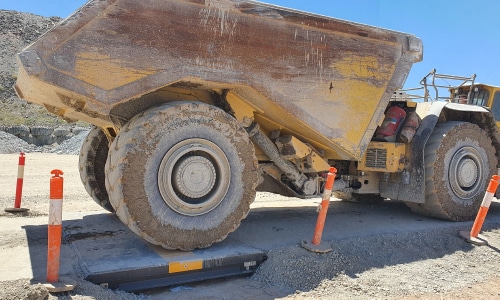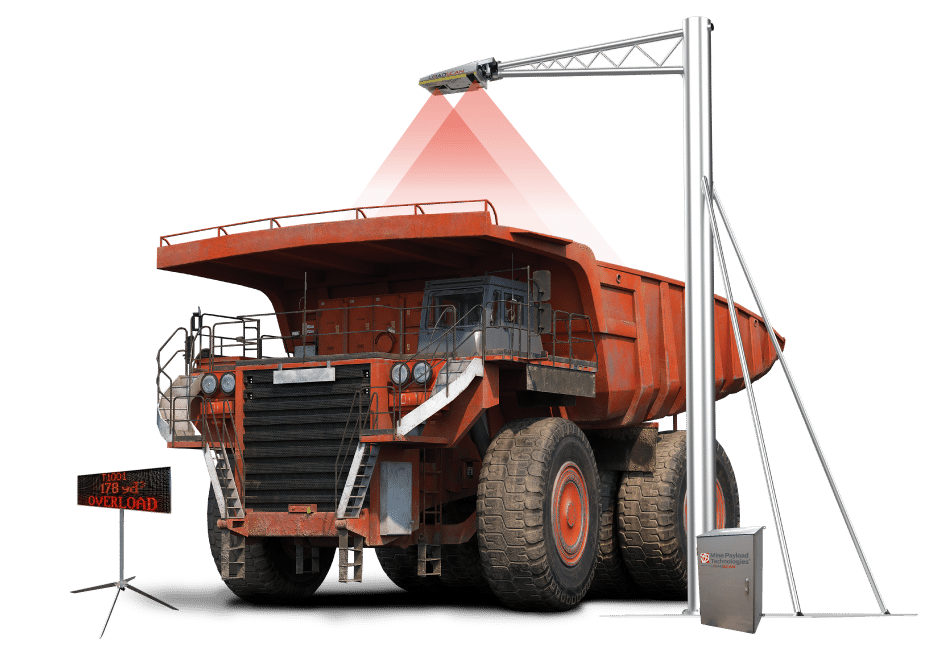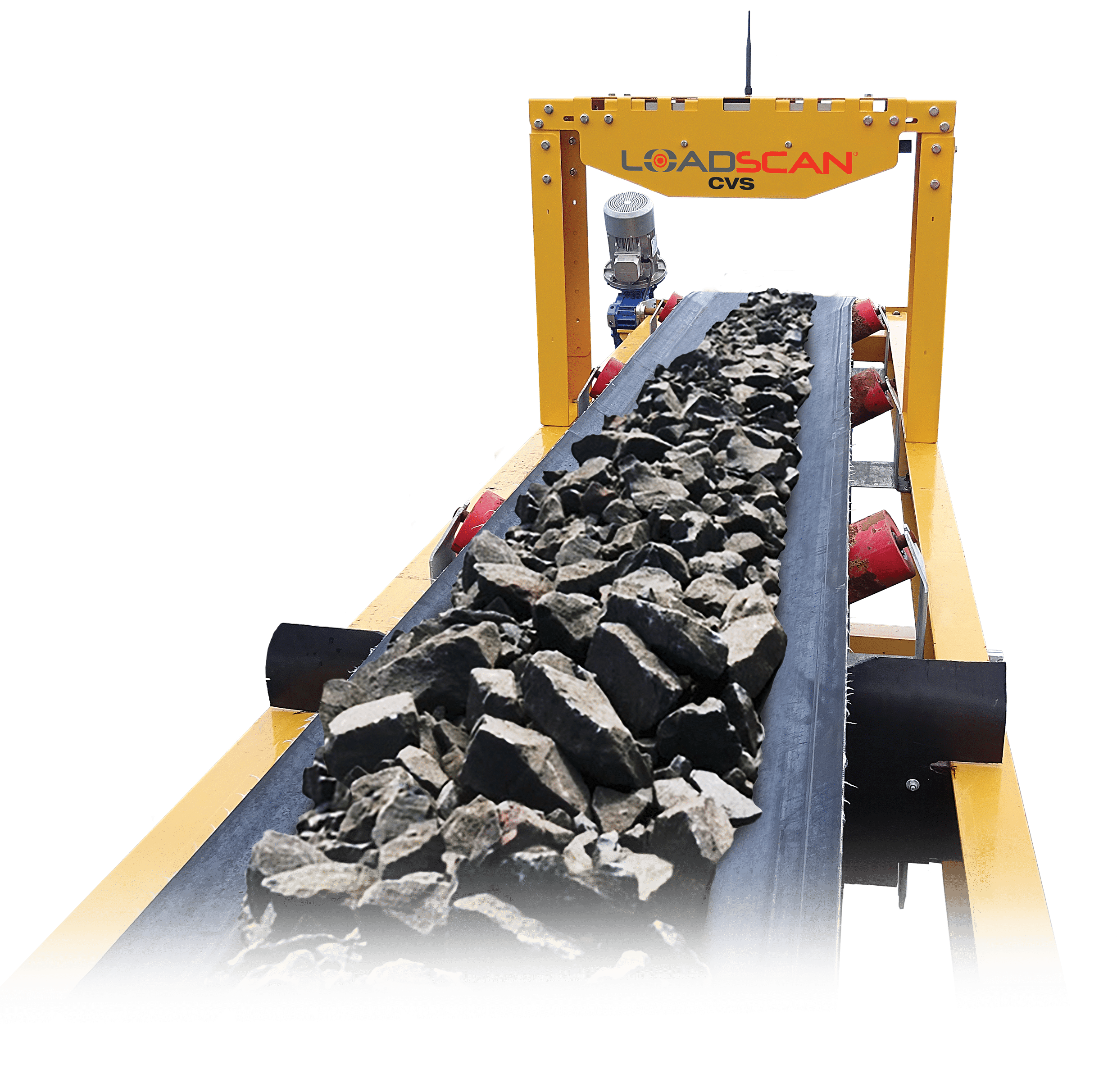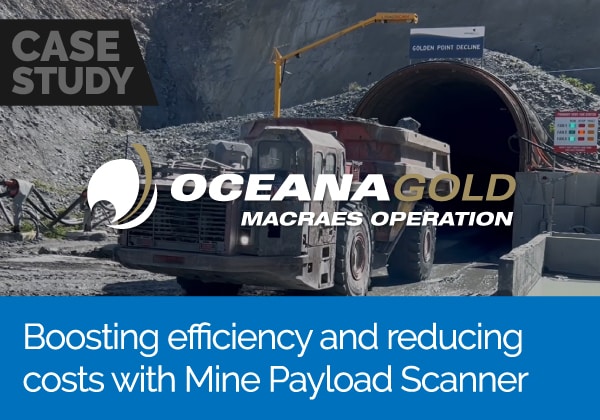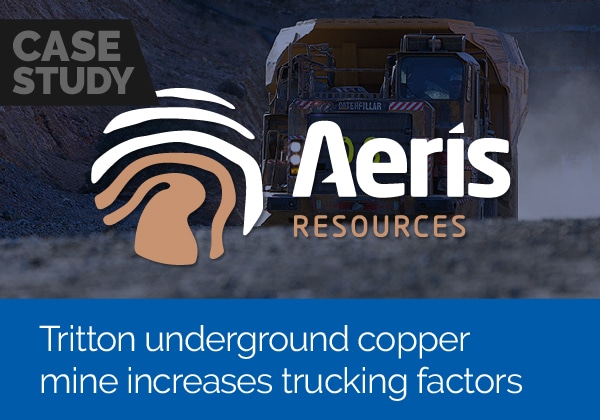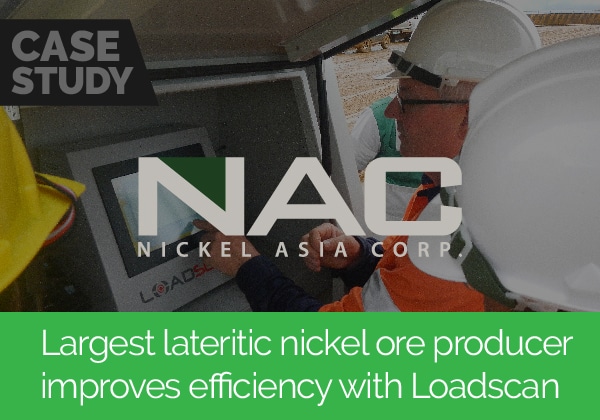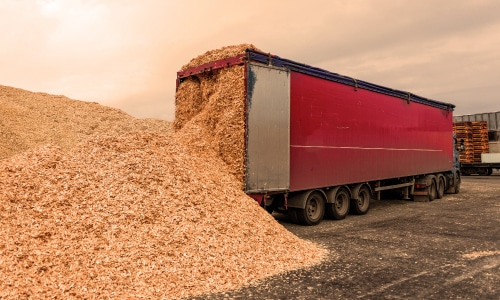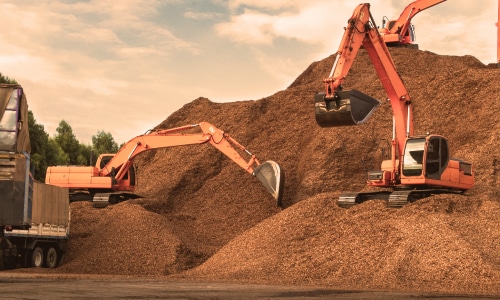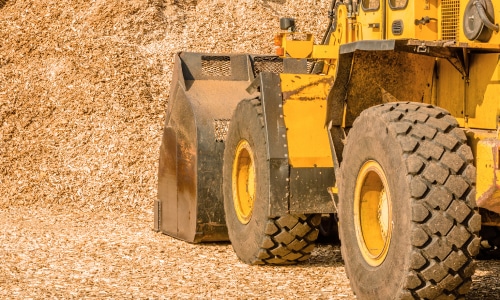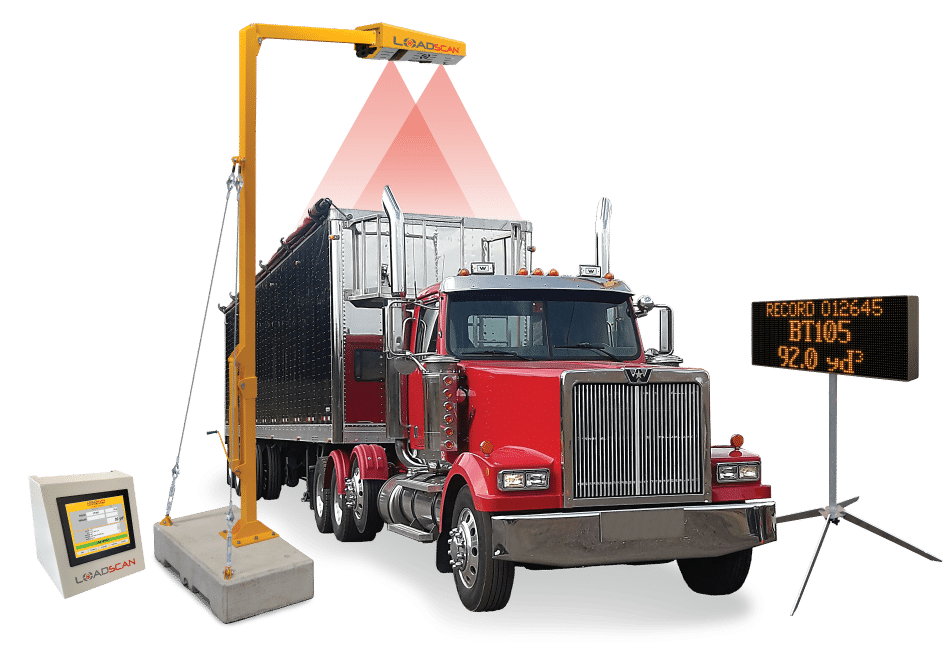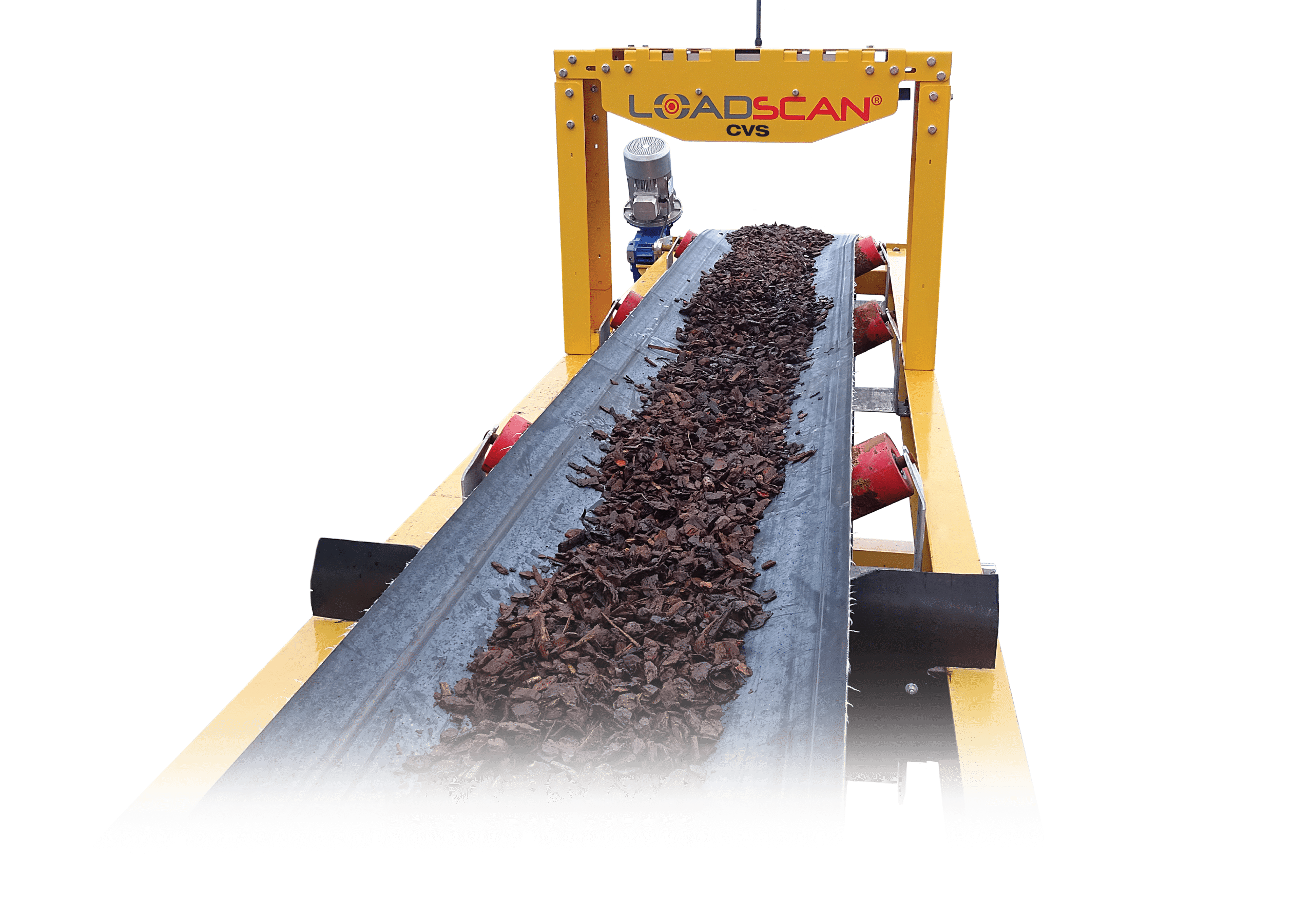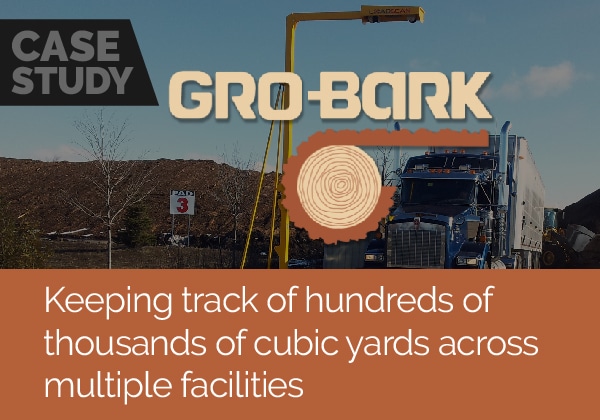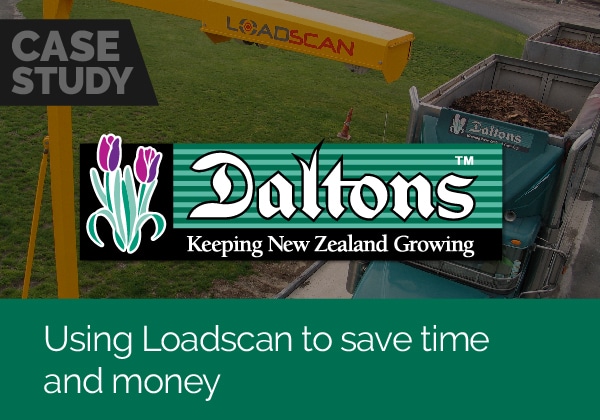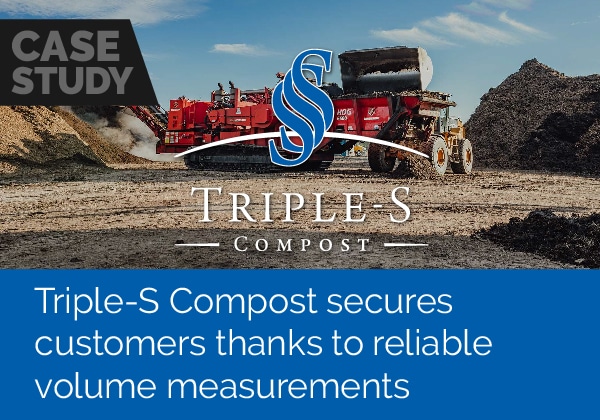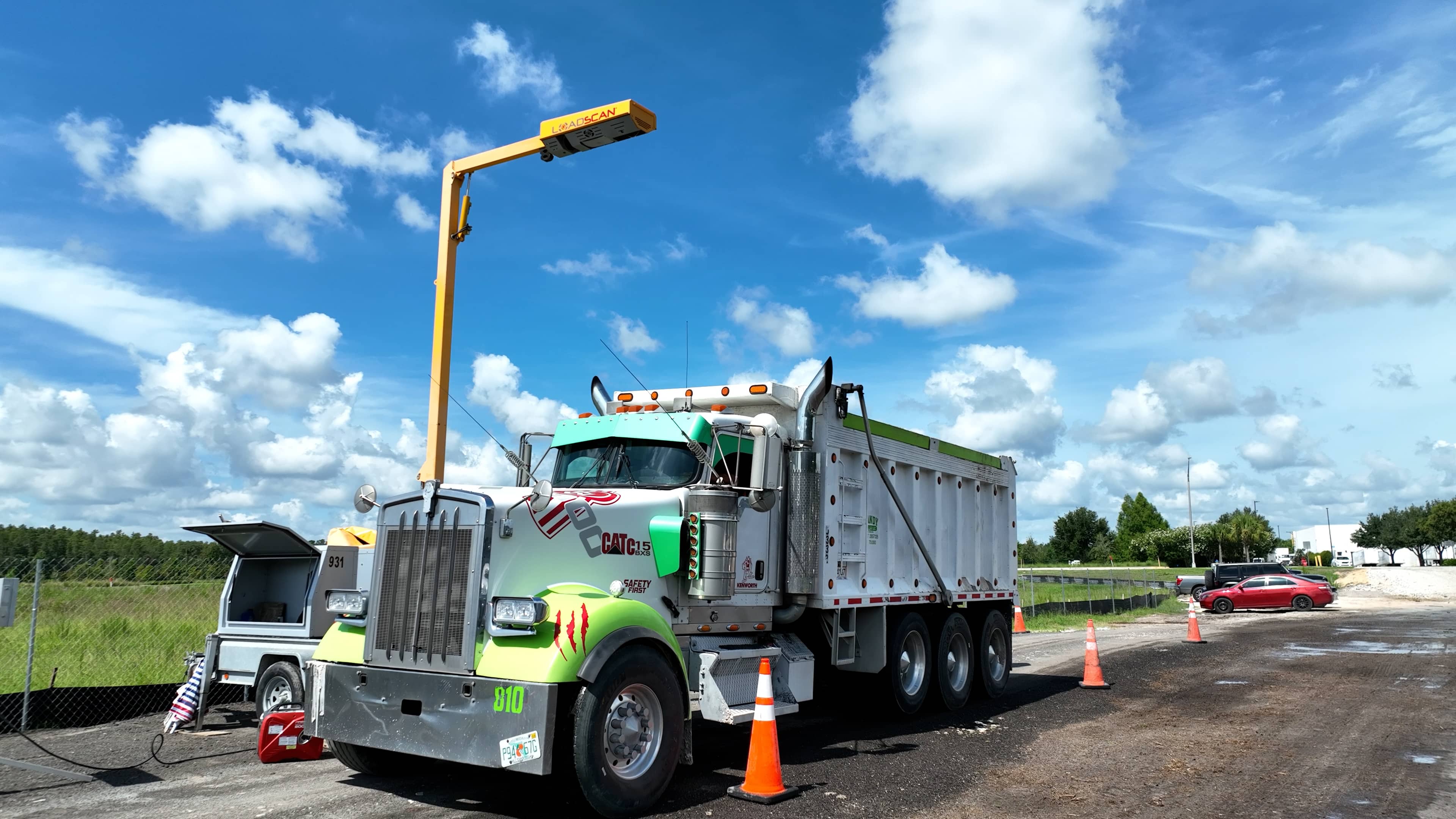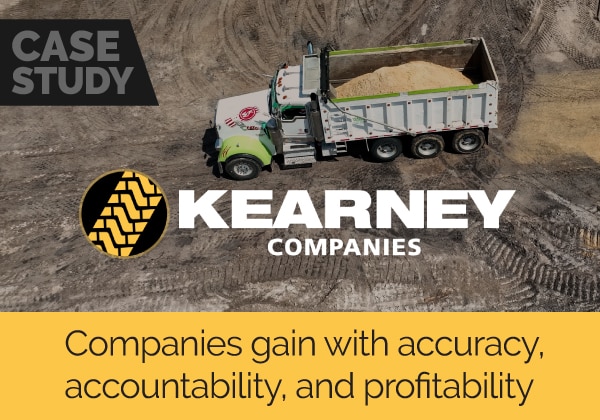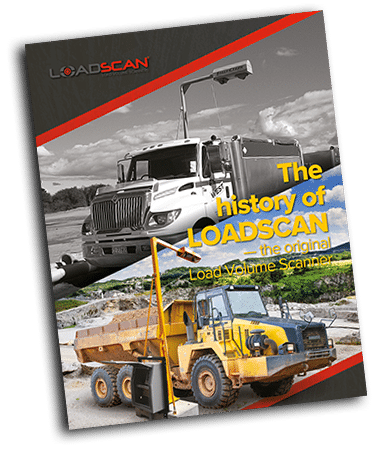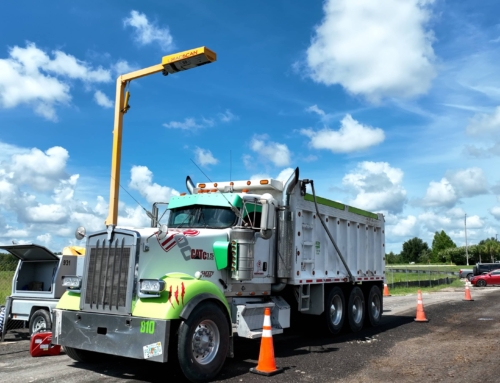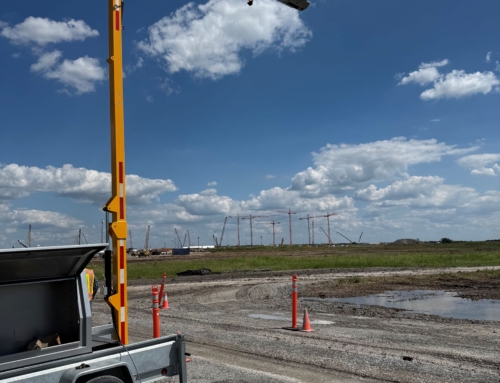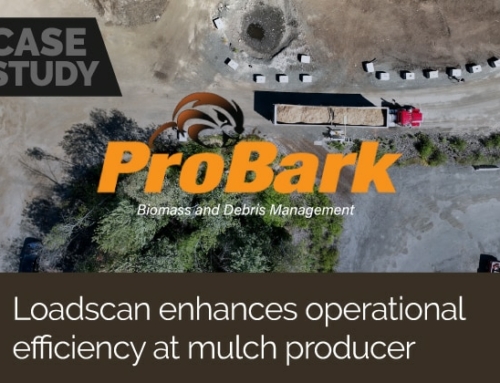How volume scanning reshapes customer relationships Tracking material volumes across multiple sites is a [...]
Choosing a Payload Measurement System: 7 Questions Every Business Should Ask
If you’re paid by the cubic metre or yard of material you supply, accuracy matters. Are you really delivering what you think you are — and getting paid for it? For industries like civil construction, quarrying, mining, landscaping, and bulk material supply, choosing a payload measurement system can make the difference between profitability and loss.
Before investing in any system, here are seven questions you should ask.
1. How will the system handle moisture and compaction?
Weight-based methods are influenced by moisture content. A rain-soaked stockpile can weigh far more than dry material, leading to disputes. Even how a bucket enters a stockpile (hard dig vs. light scoop) can change load density. An effective system must eliminate these uncertainties.
2. How accurate are your operators?
Operators rarely load each bucket or truck bin to the exact same level. This inconsistency often results in over-supplying or under-supplying. The right measurement system should remove operator error from the equation.
3. Can it account for haulback?
Material left in the bottom of trucks (haulback) can skew results if counted multiple times. Measuring loads on entry and exit prevents this problem.
4. Does it factor in shrinkage?
When blending specialty products, shrinkage occurs. A reliable system should help you understand and account for volume changes during mixing.
5. Will it help track material movement?
Accurate daily data lets you monitor totals against performance targets and make strategic decisions. Real-time tracking can unlock major efficiency gains.
6. How will it impact cycle time?
A system that slows operations can cost money. Look for technology that is fast, automated, and integrates smoothly into existing workflows.
7. Have you considered volumetric scanning?
When choosing a payload measurement system, many industry leaders now opt for volumetric scanning. Loadscan’s Load Volume Scanner (LVS) compares empty and full truck profiles to calculate exact load volume. Benefits include:
Accuracy regardless of moisture, compaction, or operator skill.
Automated haulback detection.
Reliable material movement tracking.
Non-contact, safe, and fast operation.
Digital records for every load.
By adopting volumetric load scanning, businesses reduce disputes, improve billing accuracy, and ensure every load is measured with confidence.
Ready to eliminate guesswork? Contact Loadscan today to learn more about choosing a payload measurement system that delivers accuracy and efficiency.

